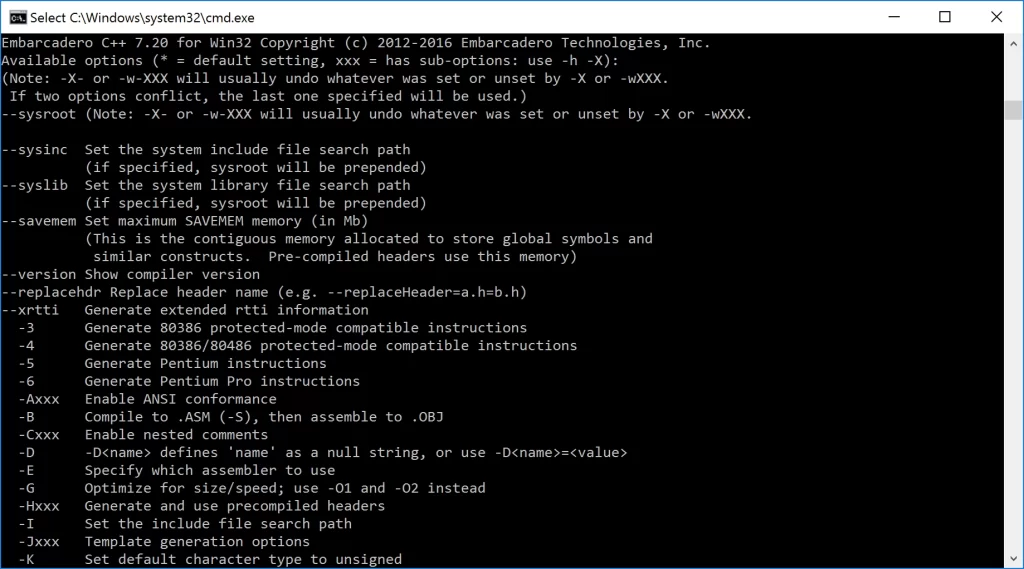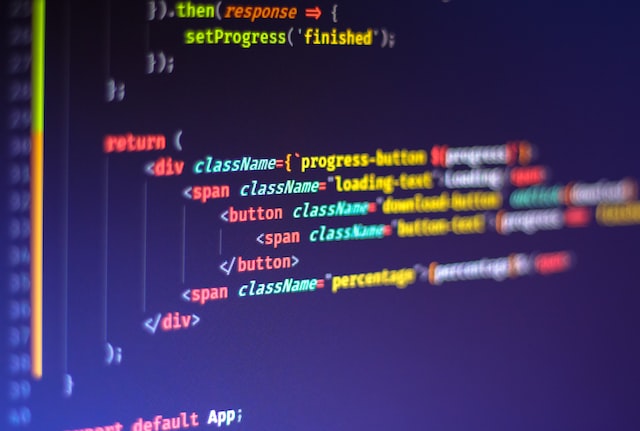Game development is one of the most exciting fields in technology today, where creativity meets technical expertise to craft immersive worlds that captivate millions. And behind every great game lies powerful game programming languages that make it all possible.
These languages are the building blocks for crafting mechanics, designing environments, and enabling interactions that define the player experience.
This article explores the essential role of game programming languages, the most popular ones used in the industry, and how to choose the right one for your project. Whether you’re an aspiring developer or a seasoned programmer, this guide will provide insights to help you navigate this fascinating field.
Read also: How to code a game – a beginner’s guide
How game programming languages behave

Game programming languages are specialized tools used by developers to instruct computers on how to render visuals, control characters, simulate physics, and manage interactions in a game.
The language chosen impacts everything from the efficiency of the development process to the game’s performance on different platforms.
A game’s success often depends on how well the programming language aligns with the project’s requirements. For example, a language that excels at rendering high-quality 3D graphics may not be ideal for a simple mobile game, while a language known for its simplicity may be perfect for rapid prototyping.
4 popular game programming languages and their applications
Several programming languages dominate the gaming landscape, each offering unique strengths and challenges. Understanding their capabilities is essential for choosing the best one for your needs.
C++

C++ is widely considered the gold standard for game development due to its exceptional performance and versatility. This language powers major game engines like Unreal Engine, handling complex tasks such as 3D rendering, artificial intelligence, and physics simulations.
While its steep learning curve makes it challenging for beginners, its efficiency and control over hardware resources make it invaluable for creating high-performance games.
C#

C# has emerged as a favorite among indie developers, thanks to its seamless integration with Unity, one of the most popular game engines. Known for its user-friendly syntax and robust support network, C# allows developers to create both 2D and 3D games with relative ease.
It strikes a balance between power and simplicity, making it an excellent choice for developers of all skill levels.
Java

Java shines in browser-based game development. Its compatibility with HTML5 allows for lightweight, interactive games that run directly in web browsers without requiring installation. While it lacks the performance of native languages like C++, Java is ideal for simple games that prioritize accessibility.
It is especially popular for Android games, offering strong tools and libraries to streamline the development process.
For more on how to develop games in Java, read this article.
Python

Python, renowned for its simplicity and readability, is a great choice for beginners or developers focusing on 2D games and prototypes. Tools like Pygame provide a straightforward way to create games while leveraging Python’s vast library ecosystem.
Although it may not be suited for high-performance tasks, its versatility makes it a valuable tool for smaller projects.
How to choose the right language for your game
Selecting the right programming language depends on several factors, including the type of game, target platform, and development goals.
For resource-intensive 3D games, a performance-focused language like C++ is often the best choice. On the other hand, C# offers a more beginner-friendly alternative with robust support for Unity, while JavaScript is ideal for web-based projects.

Developers working on educational or indie games may find Python’s simplicity appealing, particularly for prototyping or 2D projects. Meanwhile, those targeting mobile platforms might lean toward Java for its platform independence and Android compatibility.
Understanding these trade-offs is key to aligning your choice of language with your project’s requirements. Developers should also consider the game engine they plan to use, as compatibility can streamline development and unlock additional features.
If you want to master a programming language…
Good! Remember that it’s more than just a technical skill – it’s a gateway to realizing creative visions. A well-chosen language can save time, enhance performance, and open up new possibilities for gameplay mechanics!
For developers, staying informed about advancements in game programming languages is crucial. As technology evolves, so do the tools that drive the gaming industry forward. Keeping up-to-date ensures that developers can make informed decisions, stay competitive, and take advantage of new opportunities.
Game programming languages form the foundation of the gaming industry, enabling developers to craft experiences that entertain, challenge, and inspire. From the unmatched performance of C++ to the beginner-friendly nature of Python, each language offers unique advantages tailored to different types of projects.

If you’re ready to transform your ideas into a reality, partnering with experts can provide the technical support and guidance you need. Here at Main Leaf, we specialize in bringing game concepts to life with a team experienced in diverse programming languages and cutting-edge technology!
Yes, you read it right. So get in contact today and let us help you create a game that captivates and inspires players worldwide!

